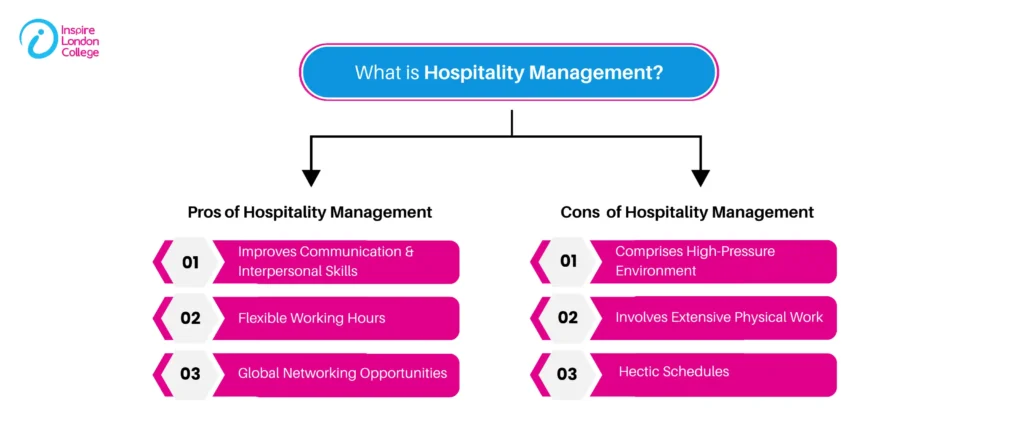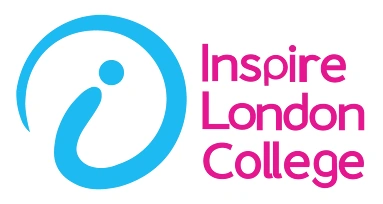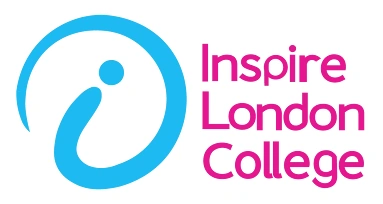Hospitality management is a dynamic and multifaceted field that offers diverse career opportunities for individuals seeking a rewarding and challenging professional journey. Similar to every profession, hospitality management presents both positive and negative aspects. Before you commit to a degree, diploma, or career in this field, it’s essential to understand the unique skills, responsibilities, and potential paths within the hospitality industry.
In this article, we’ve broken down the hospitality management pros and cons to help you make an informed decision.
What is Hospitality Management?
The hospitality industry handles diverse activities from administration and operations through commercial aspects in its daily business management. The discipline of ‘hospitality management’ expands further than ‘hotel management’ because it controls operations across several fields, such as food and beverage, plus travel and tourism, aviation alongside events.
Hospitality careers reward their professionals with high income levels and abundant professional opportunities to meet different people while touring new locations and experiencing diverse cultures. Despite the industry’s benefits, it has some drawbacks that professionals should consider before entering.

Pros of Hospitality Management
Let’s begin with the advantages of working in the hospitality industry.
1. Improves Communication & Interpersonal Skills
One of the standout advantages of hospitality management is the development of strong interpersonal and transferable skills. Every hospitality professional who serves as a manager, accountant, or housekeeping executive must communicate regularly with visitors and staff members throughout their daily activities.
It enhances their communication and interpersonal skills, which helps them to offer better customer experiences. During customer experience resolution, hotel managers should listen attentively to guest problems and then develop beneficial solutions that benefit both parties. You’ll learn how to manage diverse teams, resolve conflicts, and build positive relationships, all essential traits in any professional setting.
2. Flexible Working Hours
This is one of the most beneficial aspects of working in the hospitality industry. Flexibility in the workspace attracts employees to work at their desired timings, further improving productivity and efficiency. The hospitality sector enables staff members to select work hours based on their individual lifestyle requirements. This flexibility is particularly beneficial for students, part-time workers, or individuals balancing other responsibilities.
Additionally, those interested in a Master’s Degree in Hotel & Hospitality Administration can use evening shifts to accumulate practical industry experience while attending daytime classes. The hospitality sector offers flexible work-hour options that allow students and other professionals to balance studies with personal obligations, which makes it an attractive career choice.
3. Global Networking Opportunities
Networking is one of the most effective ways of generating new career opportunities, and the hospitality industry opens doors on a global level. The interactions between hospitality professionals with both guests and clients along with senior management members from diverse backgrounds help them expand their professional network, leading to overseas job opportunities.
The luxury resort cruise line and five-star hotel industry give staff members opportunities to meet influential people who might become their potential future employers or professional mentors. Effective communication, cultural awareness, and a proactive attitude are key traits that can help individuals stand out and earn strong references for career advancement.
Cons of Hospitality Management
Although there are obvious advantages, there are also some disadvantages of hospitality management that certainly should not discourage anyone from joining the sector.
1. Comprises High-Pressure Environment
Working in the hospitality industry is not a piece of cake. A hospitality professional needs to maintain readiness to manage pressure under unpredictable situations when dealing with customer complaints or multitasking after normal hours.
The hospitality environment operates at a fast pace, which becomes highly unpredictable during peak seasons and special events together with unexpected challenges, including staff shortages or event cancellations. One ordinary day requires a hospitality professional to handle various tasks, which include role supervision and problem resolution for customers alongside maintaining operational efficiency and showing professionalism throughout.
Aspiring candidates must be mentally prepared in order to succeed in such an environment. With experience and exposure, they will learn how to manage and overcome such problems efficiently.
2. Involves Extensive Physical Work
Most entry-level positions in the hospitality industry demand a high level of physical activity. Hotel staff often face physically demanding tasks, such as carrying luggage, cleaning multiple rooms as housekeepers, and moving back and forth between tables and the kitchen as waitstaff.
Tasks often include standing for long hours, climbing stairs, pushing heavy carts, lifting supplies, or walking significant distances within a large hotel or resort site. However, these physically intensive roles can also have a positive side. They promote an active lifestyle, improve stamina, and keep hospitality professionals fit.
3. Hectic Schedules
As discussed earlier, a professional must be highly flexible and adaptive to thrive in the hospitality industry. Hospitality managers and staff often need to stay on-site during peak seasons, holidays, and major events, working long shifts and irregular hours. Hospitality staff need to be constantly available to assist guests while resolving their problems through fast responses and following proper procedures. High performance demands during stressful situations create a physically and mentally problematic situation for staff members.
However, these challenges also serve as powerful growth opportunities. Professionals who manage unexpected events, juggle multiple tasks, and lead teams under tight deadlines build strong leadership, organisational, and problem-solving skills.
Conclusion
Hospitality management is a people-driven profession packed with excitement, creativity, and global opportunities. It presents both rewarding and demanding aspects, including long work shifts and rigorous requirements. By analysing the hospitality management pros and cons and knowing your own preferences and strengths, you can determine if this fast-paced industry fits with your objectives.









